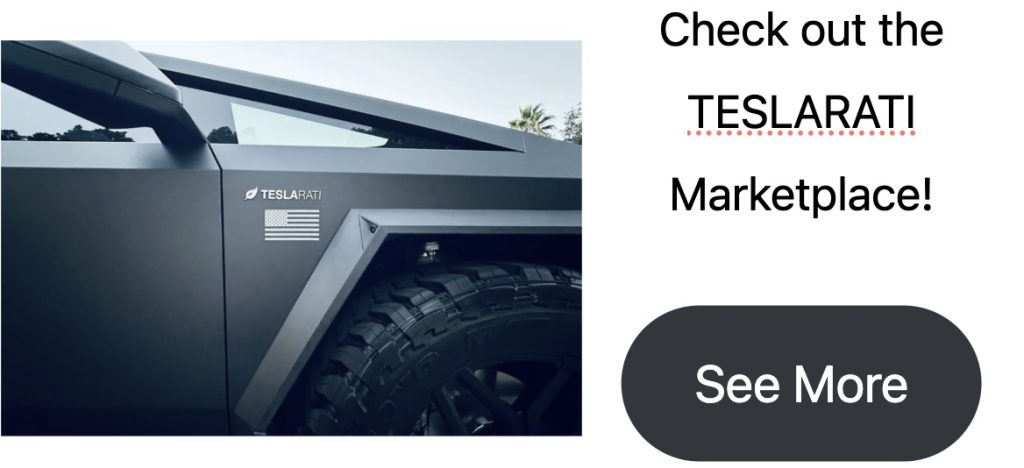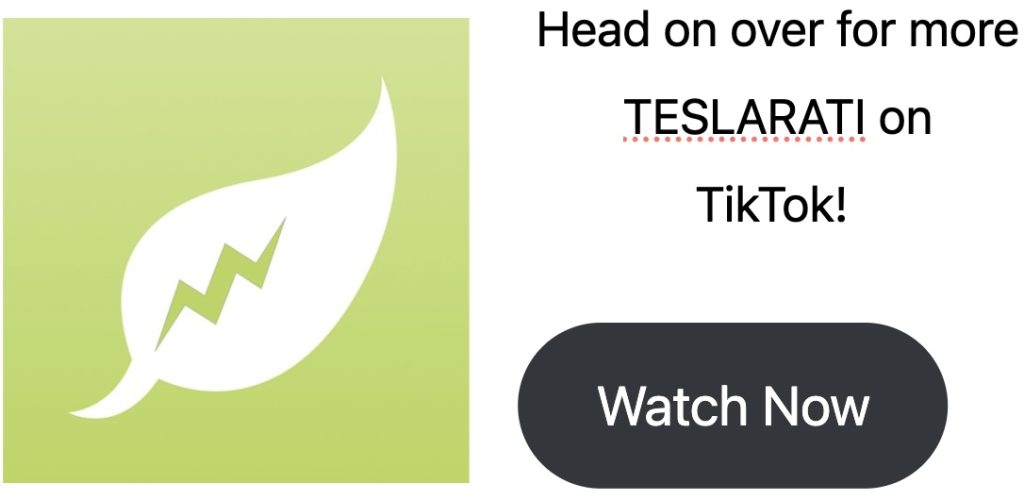The U.S. Supreme Courtroom is ready to listen to a problem from gasoline corporations towards California’s means to create its personal emissions guidelines, in a case that would set a serious precedent for the way states deal with making their very own requirements in efforts to decrease greenhouse fuel emissions by way of electrical car (EV) adoption.
After the Environmental Safety Company (EPA) granted California an exemption from federal air air pollution legal guidelines in 2022, successfully letting the state set its personal car emissions guidelines, the U.S. Supreme Courtroom final week agreed to hearken to a bid from a Valero Vitality subsidiary and different gasoline teams to problem the exemption (through Reuters).
Valero’s Diamond Various Vitality and different related gasoline enterprise foyer teams argue that the waiver oversteps the facility of the EPA underneath the Clear Air Act, underneath which the federal guidelines are set. The teams additionally argued that such a call would decrease demand for his or her liquid fuels, finally inflicting hurt on their backside line.
RELATED: U.S. Congressman urges President Biden to finish EV transition targets
Within the enchantment, the teams additionally stated that California was overstepping its energy, appearing as a “junior-varsity EPA” by making regulatory selections to fight local weather change and pressure the adoption of EVs upon shoppers—selections the group says the state doesn’t have the proper to make.
The choice additionally comes after the EPA was backed by the U.S. Courtroom of Appeals for the District of Columbia in April, with the court docket throwing out a authorized problem towards the waiver from a gaggle of 17 Republican-run states. In that enchantment, backers additionally argued that California’s means to set its personal emissions guidelines gave the state unconstitutional regulatory energy, which they stated isn’t accessible to different states.
The waiver has lengthy been some extent of competition, initially relationship again to a 2013 determination to supply California the waiver. In 2019, the Trump administration rescinded that waiver, earlier than the EPA was given energy to reinstate it underneath the Biden administration in 2022.
California has additionally been a frontrunner in pushing EV adoption by way of huge incentives, and an official ruling later in 2022 to ban the sale of latest fuel vehicles starting in 2035. That ruling has since been adopted by a handful of different states, together with New Jersey, New York, Oregon, and Washington.
Final 12 months, California’s battery-electric car (BEV) gross sales additionally made up round one-third of all U.S. BEV gross sales, as led by Tesla.
Handed by the California Air Sources Board (CARB), the California ban additionally features a gradual phase-out of fuel autos set to start in 2026, for which the state additionally required an EPA waiver. California has gained over 75 separate waivers since 1967, by way of which it has been in a position to lodge more and more strict guidelines surrounding car emissions efficiency and EV gross sales.
In February, the EPA truly loosened federal requirements requiring automakers to promote a sure ratio of EVs by 2032. Beforehand, the company required that automakers make 60 % of gross sales come from BEVs and plugin hybrids by 2030, growing that to 68 % by 2032. Now, the company mandates that producers make 50 % of their total gross sales both plugin hybrids or BEVs by 2030.
What are your ideas? Let me know at [email protected], discover me on X at @zacharyvisconti, or ship us suggestions at [email protected].
California’s proposed 2035 EV gross sales mandate faces scrutiny at EPA listening to





